Solar lights have become an increasingly popular choice for outdoor lighting due to their energy efficiency, environmental benefits, and ease of installation. However, one common question that often arises is: Do solar lights need the sun, or can they work with any light? In this article, we will explore how solar lights work, whether they need direct sunlight, and how other forms of light impact their performance.
How Do Solar Lights Work?
Before we dive into whether solar lights need the sun, let’s first understand how they work. Solar lights are equipped with solar panels that capture light energy. These panels convert sunlight (or light energy in general) into electricity, which is stored in a battery inside the solar light. After sunset, the battery powers the light, allowing it to shine without relying on electrical wiring or the grid.
The efficiency of solar lights depends heavily on the amount and intensity of light they receive. The more intense the light, the more energy the solar panels can store. This is why direct sunlight is the most effective source for charging solar lights.
Do Solar Lights Need Sunlight Specifically?
Yes, solar lights need sunlight for optimal performance, but they can also work with other forms of light, though with less efficiency. Here's why sunlight is the preferred source of energy for solar lights:
1. Sunlight is More Intense than Other Light Sources
Sunlight is much more powerful than any other artificial light source, such as LED or incandescent light. Solar panels are designed to absorb the full spectrum of solar energy provided by the sun. The intensity of sunlight allows the panels to generate more energy, which results in faster charging of the battery and longer-lasting illumination after dark.
2. Longer Exposure Time
Sunlight provides a long duration of light throughout the day, which gives solar panels ample time to absorb and store energy. The duration of exposure to light is just as important as the intensity of the light, and sunlight typically offers both long exposure and strong intensity.
3. Solar Panel Efficiency with Sunlight
Most solar panels are specifically designed to capture and convert solar radiation. Monocrystalline solar panels, commonly used in solar lights, are particularly efficient at harnessing sunlight. They are engineered to maximize the amount of energy captured, even under various weather conditions, although they perform best in full sunlight.

Can Solar Lights Work with Artificial Light?
While solar lights are primarily designed to work with sunlight, they can technically work with artificial light as well, but the results are typically less effective. Here’s why:
1. Artificial Light Is Less Intense
Unlike sunlight, artificial light sources, such as incandescent, LED, or fluorescent lights, emit much lower levels of light intensity. Solar panels require a specific amount of energy to charge efficiently, and artificial light typically doesn’t provide enough energy to charge the batteries effectively.
If you place a solar light under a streetlamp or in a well-lit room, it might still store some energy, but the charging process will be slow, and the battery may not charge sufficiently to power the light for long periods. This can lead to diminished performance, where the solar light will be much dimmer or not function as long during the night.
2. Artificial Light Doesn’t Provide Sustained Energy
Artificial light is also not present for long durations, particularly at night when solar lights need to store energy. Most indoor lights are turned off during the day, which means they cannot charge the solar panels continuously. Sunlight, on the other hand, offers consistent energy over several hours, allowing solar panels to store energy for the night.
3. Artificial Light Isn’t Designed for Solar Panels
Solar panels are designed to capture the broad spectrum of sunlight, including UV rays and infrared light, which artificial lights generally do not emit in the same way. Therefore, solar panels receive far less energy when exposed to artificial light, which limits their ability to store sufficient power for solar lights to operate effectively.
What Happens on Cloudy or Overcast Days?
While solar lights need sunlight for optimal performance, they can still operate on cloudy days or under overcast conditions. The intensity of sunlight will be reduced, but solar panels can still capture diffused sunlight. During cloudy weather, the panels will still charge, but at a slower rate.
If the solar light is designed with high-efficiency solar panels and large-capacity batteries, it can still store enough energy to function for a few hours, even if the sun is obscured. However, prolonged periods of cloudy weather might result in insufficient charging, especially if the solar light has a low-quality battery or inefficient solar panel.

How Can You Maximize Solar Light Performance?
If you want your solar lights to work efficiently, especially when sunlight is limited, here are some tips:
1. Choose High-Quality Solar Lights
Select solar lights that use monocrystalline panels and high-capacity batteries. Monocrystalline panels are the most efficient at converting sunlight into energy, and larger batteries can store more energy, allowing the lights to last longer even when sunlight is scarce.
2. Place Solar Lights in Sunny Locations
To get the best results, position your solar lights in areas that receive direct sunlight for as long as possible during the day. Avoid placing them in shady spots under trees or near buildings that might block sunlight. The more sunlight your solar light receives, the more energy it can store.
3. Keep Solar Panels Clean
Dust, dirt, and debris can block sunlight from reaching the solar panel. Regularly clean the panels with a soft cloth to ensure maximum light absorption. This can help increase charging efficiency, especially during cloudy or overcast conditions.
Conclusion
To sum up, solar lights do need sunlight for optimal performance, but they can still work with other forms of light, such as artificial light, though less efficiently. Sunlight is the most powerful and abundant light source, making it the ideal energy source for solar lights. If you want your solar lights to work well, it’s important to choose high-quality lights with efficient panels, place them in sunny spots, and maintain the panels regularly. With the right setup, your solar lights will perform well even on cloudy days, although their performance will always be best with plenty of direct sunlight.


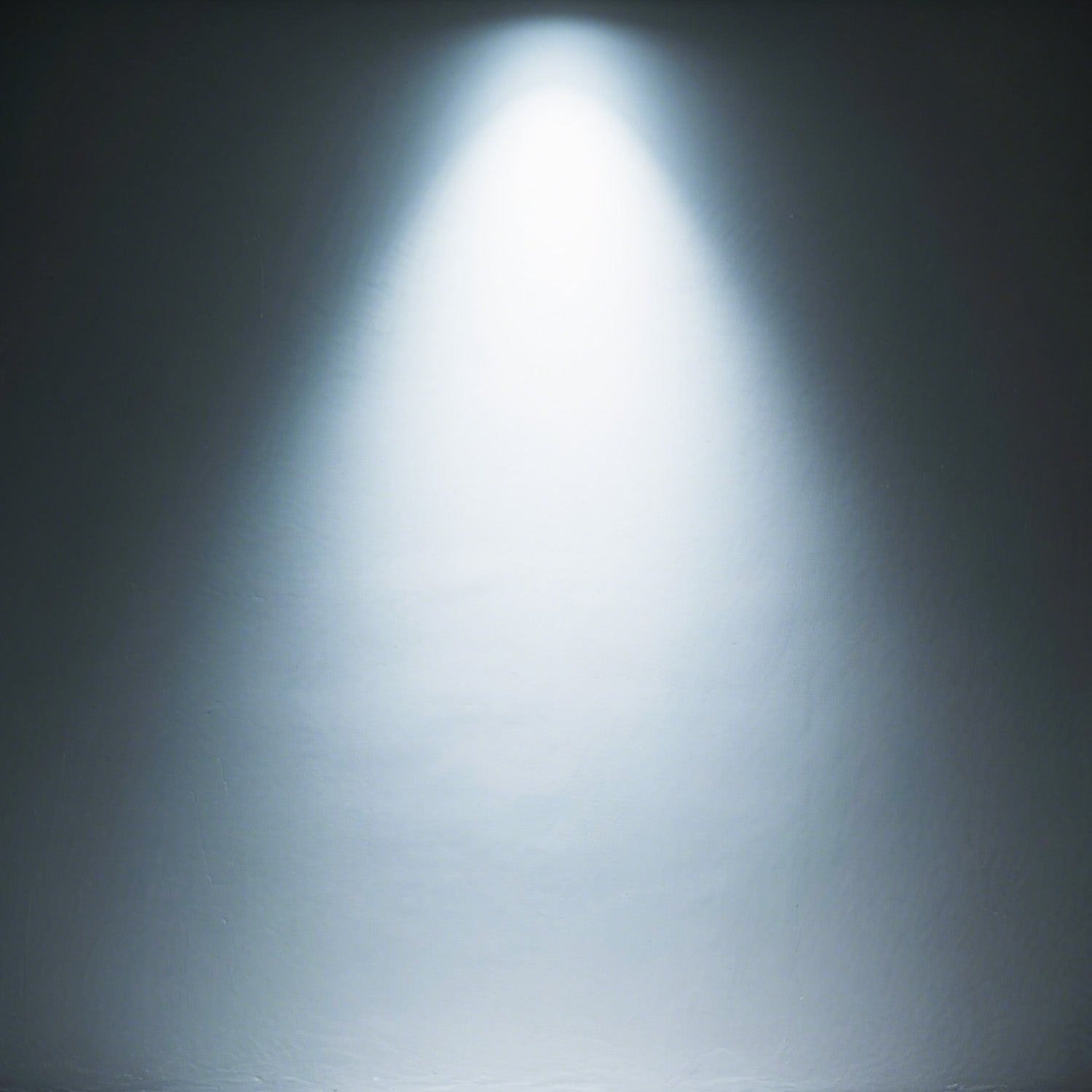
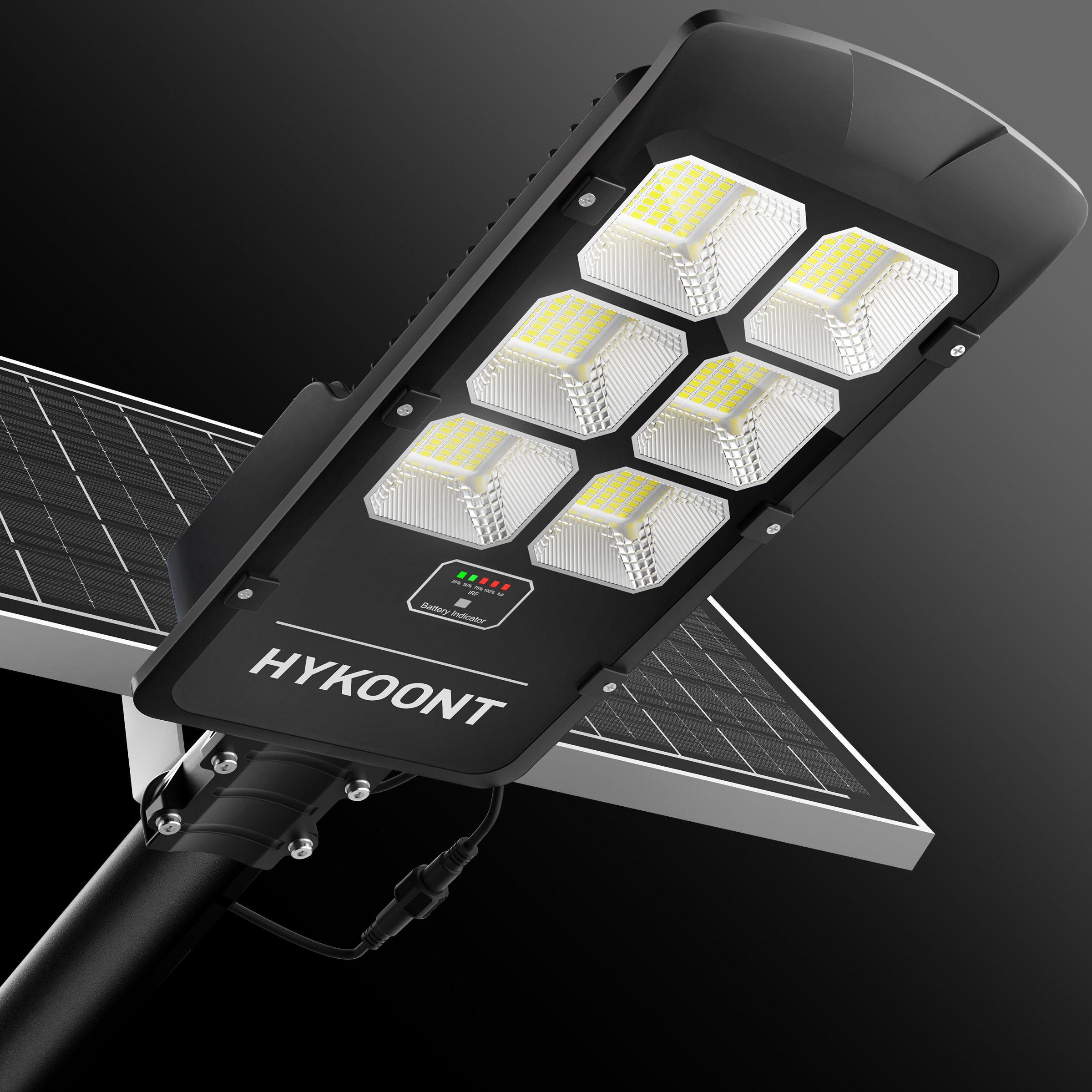
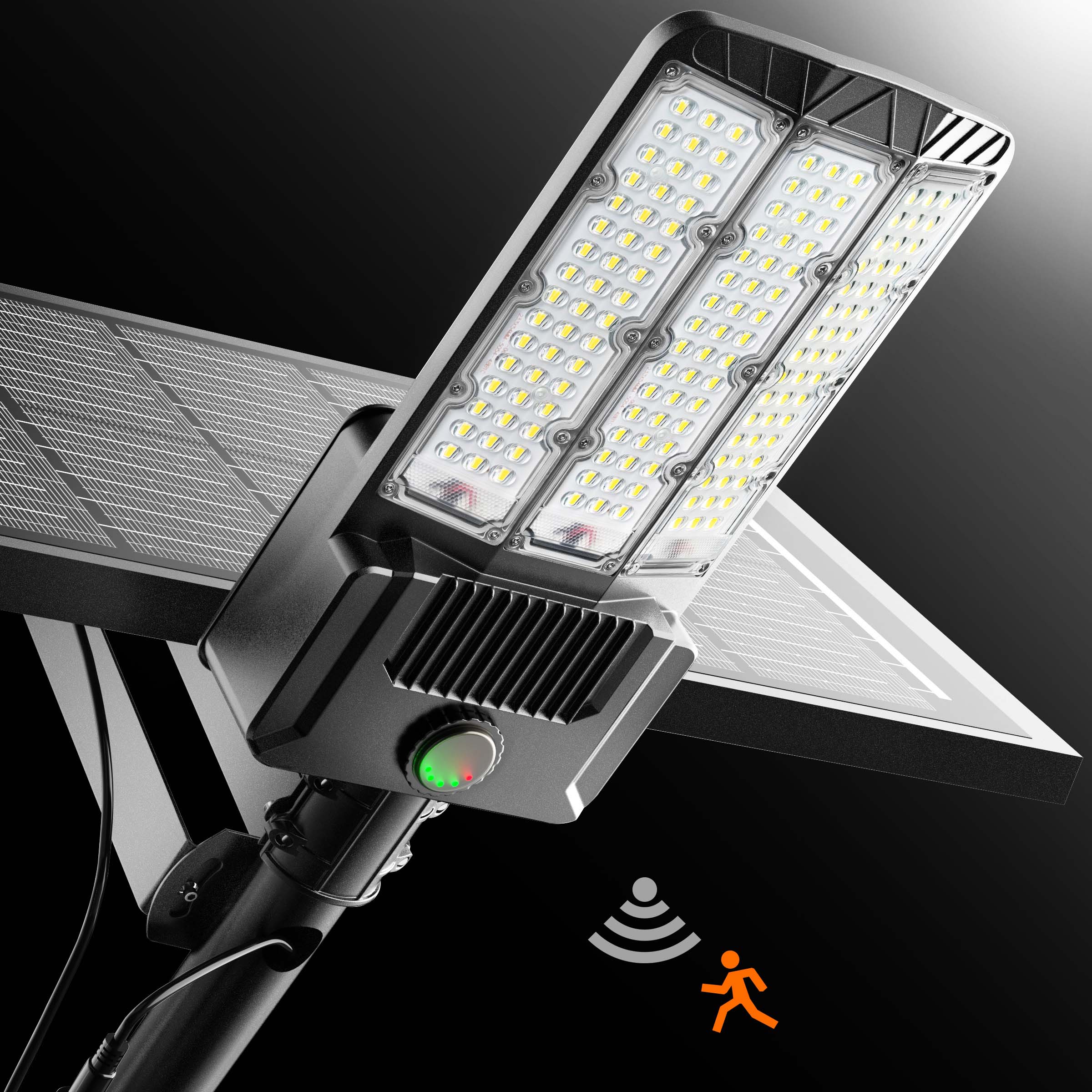
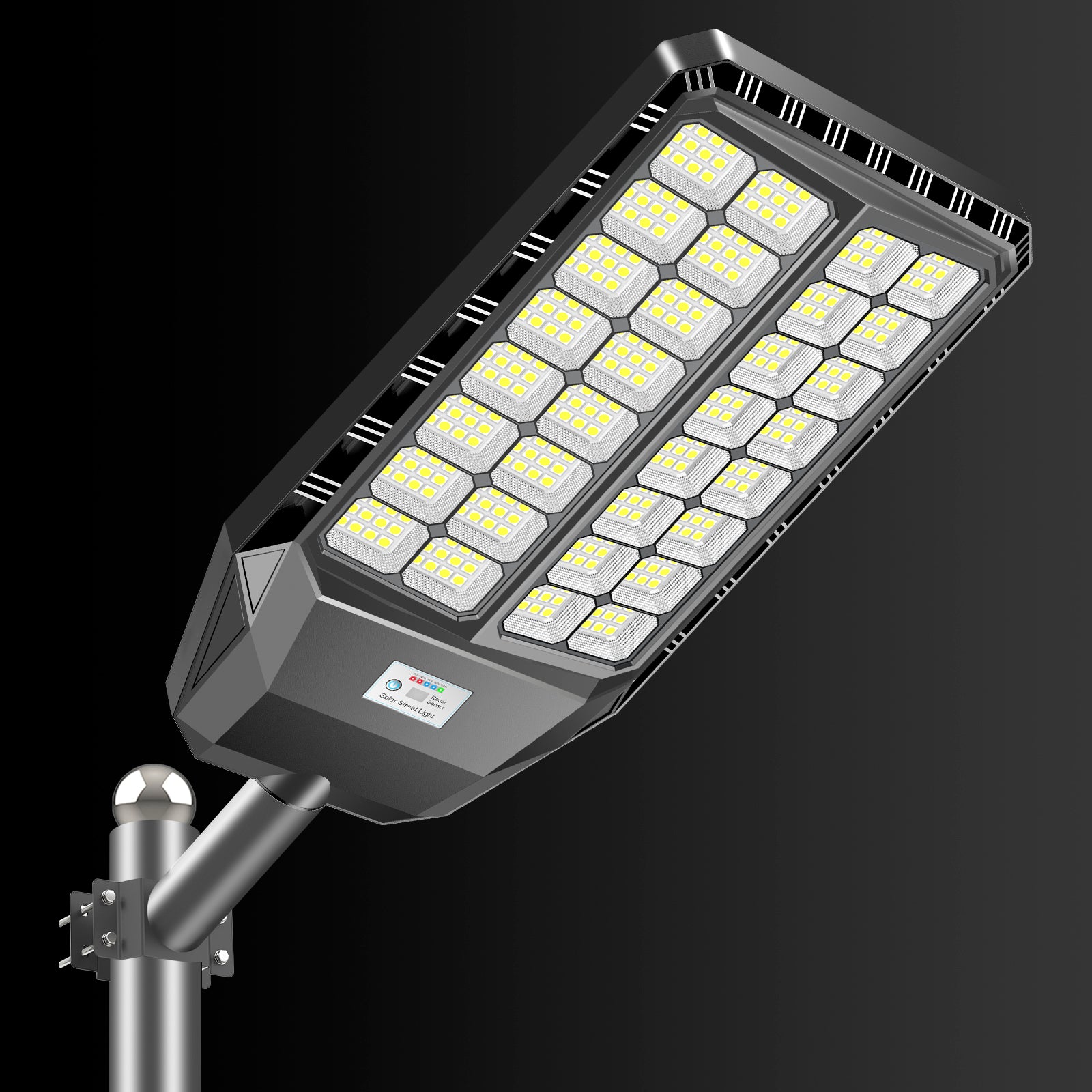
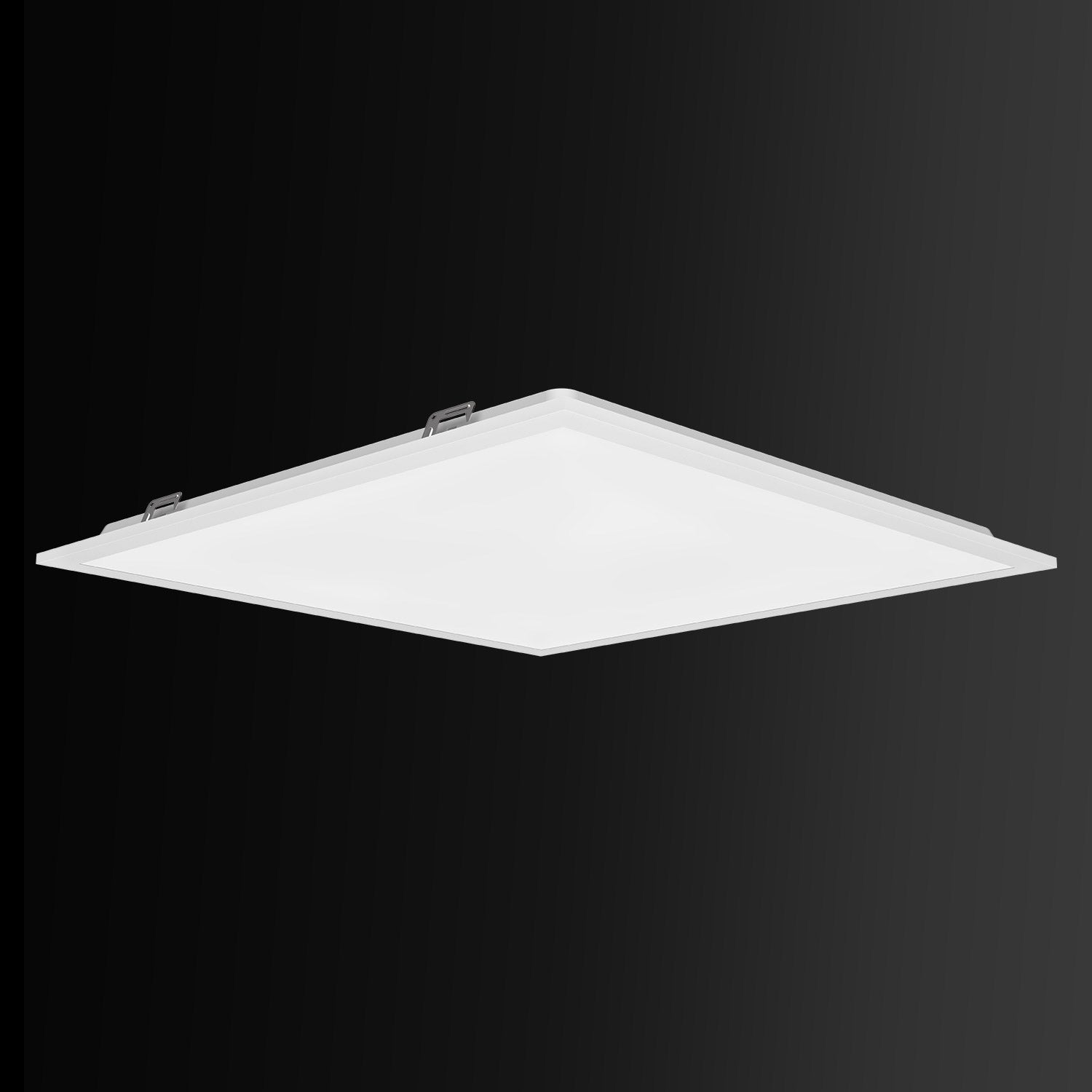
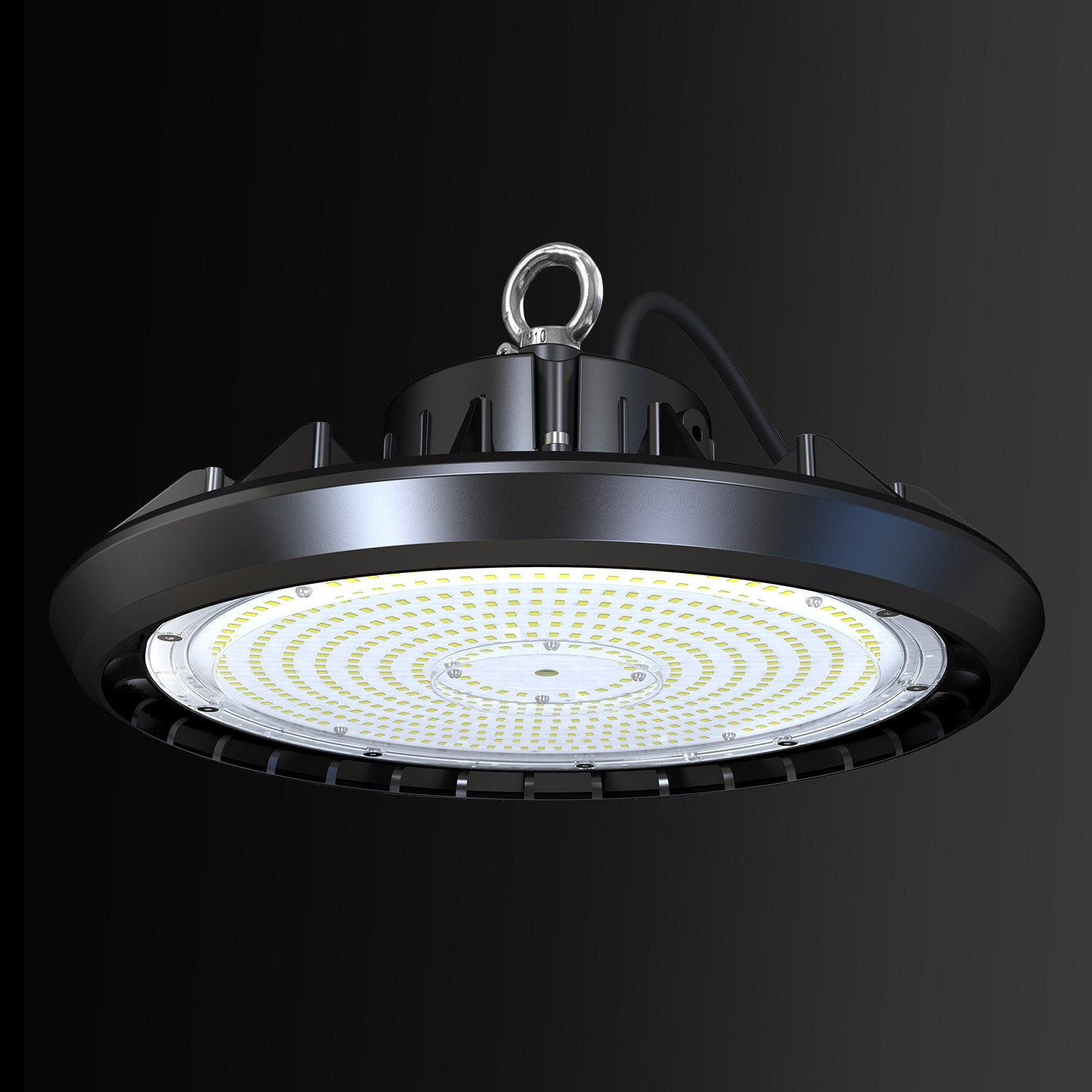
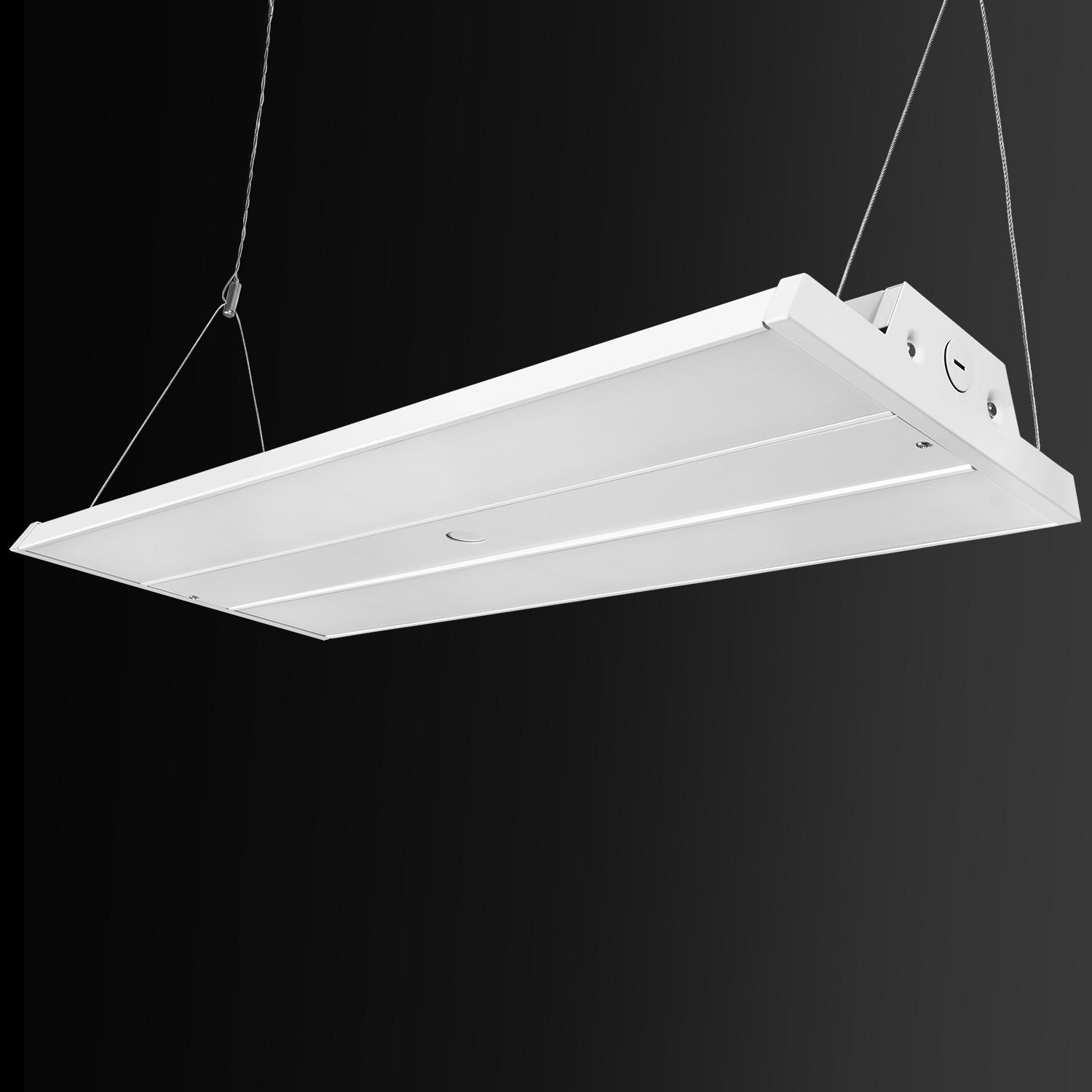
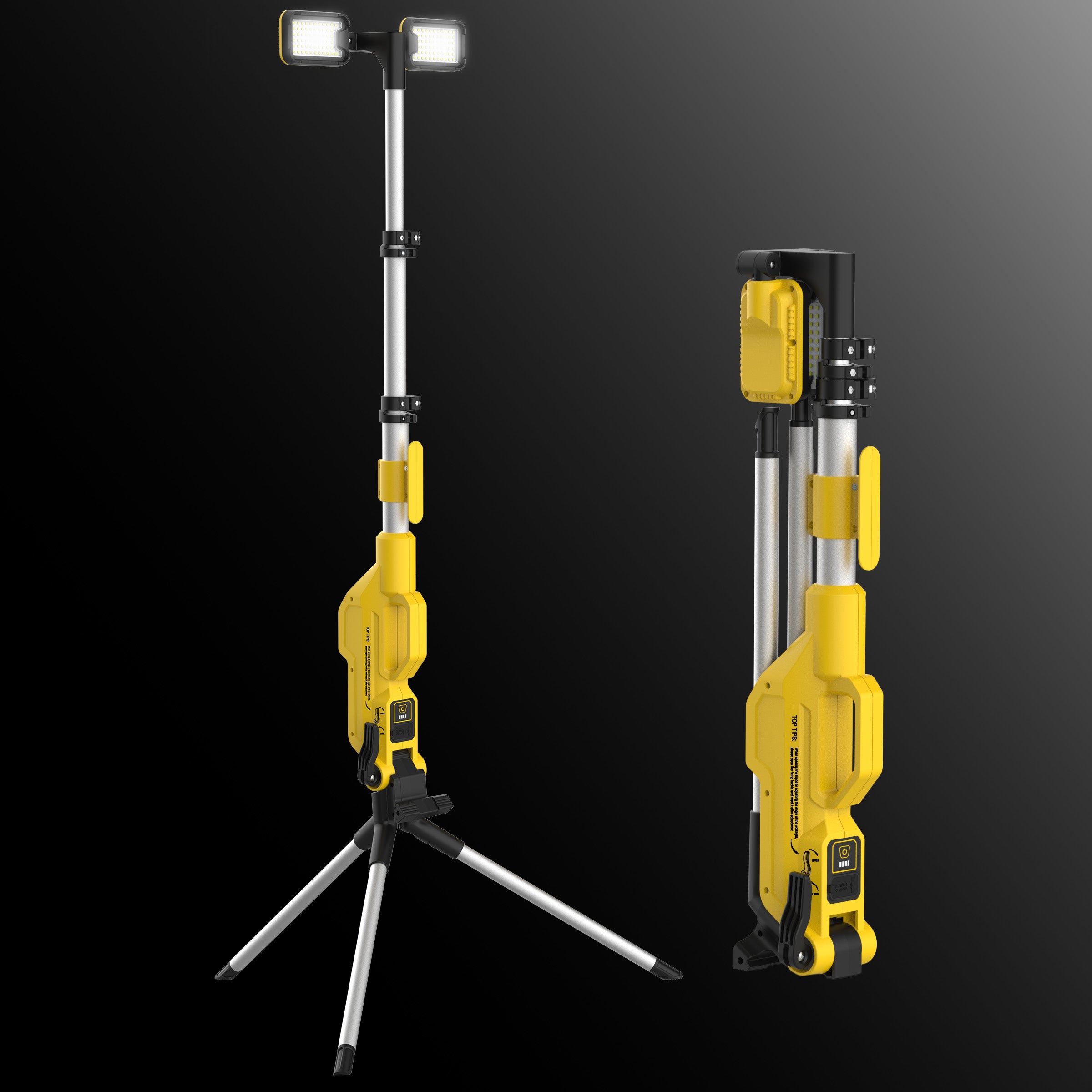
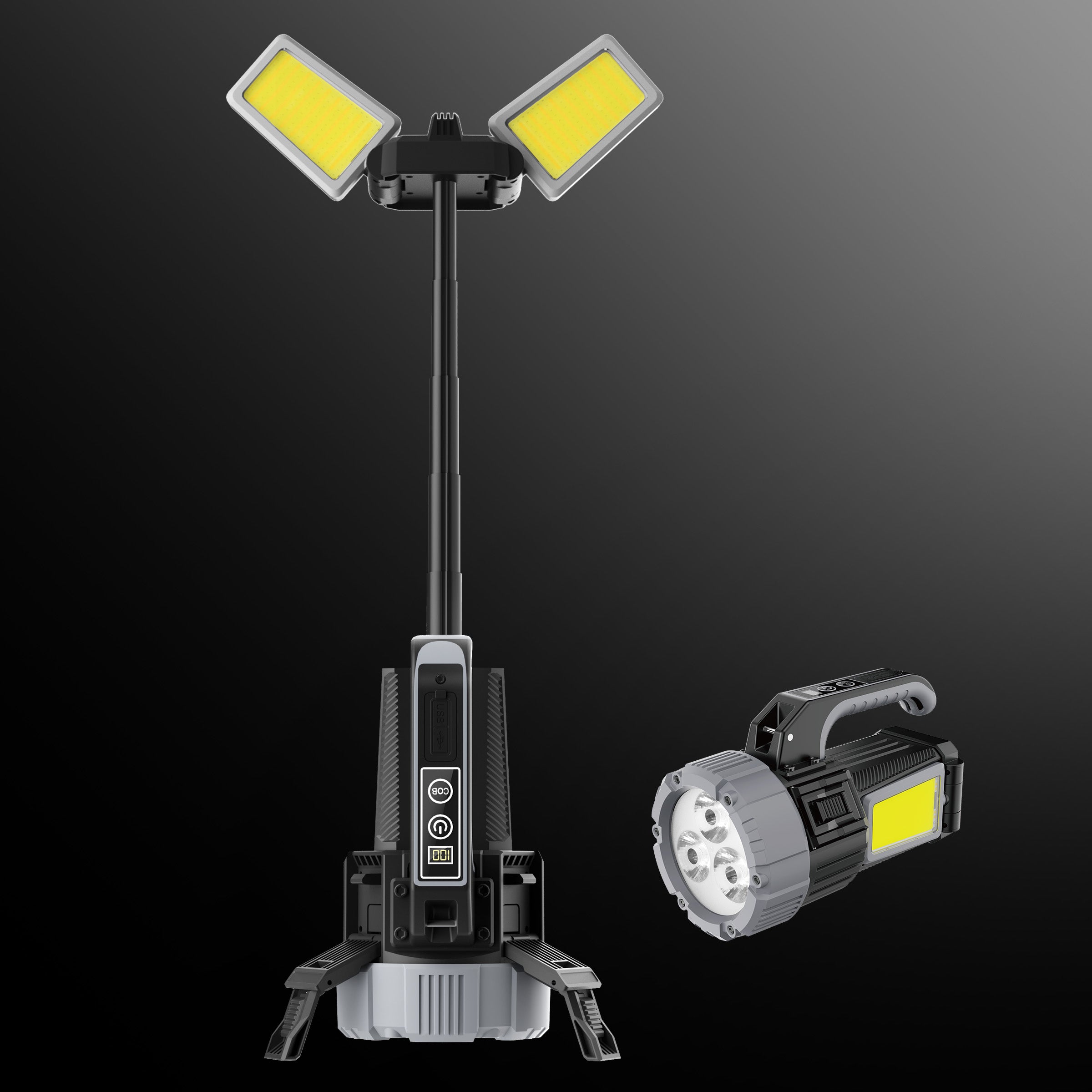


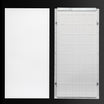
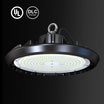
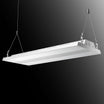


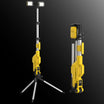
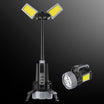
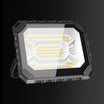



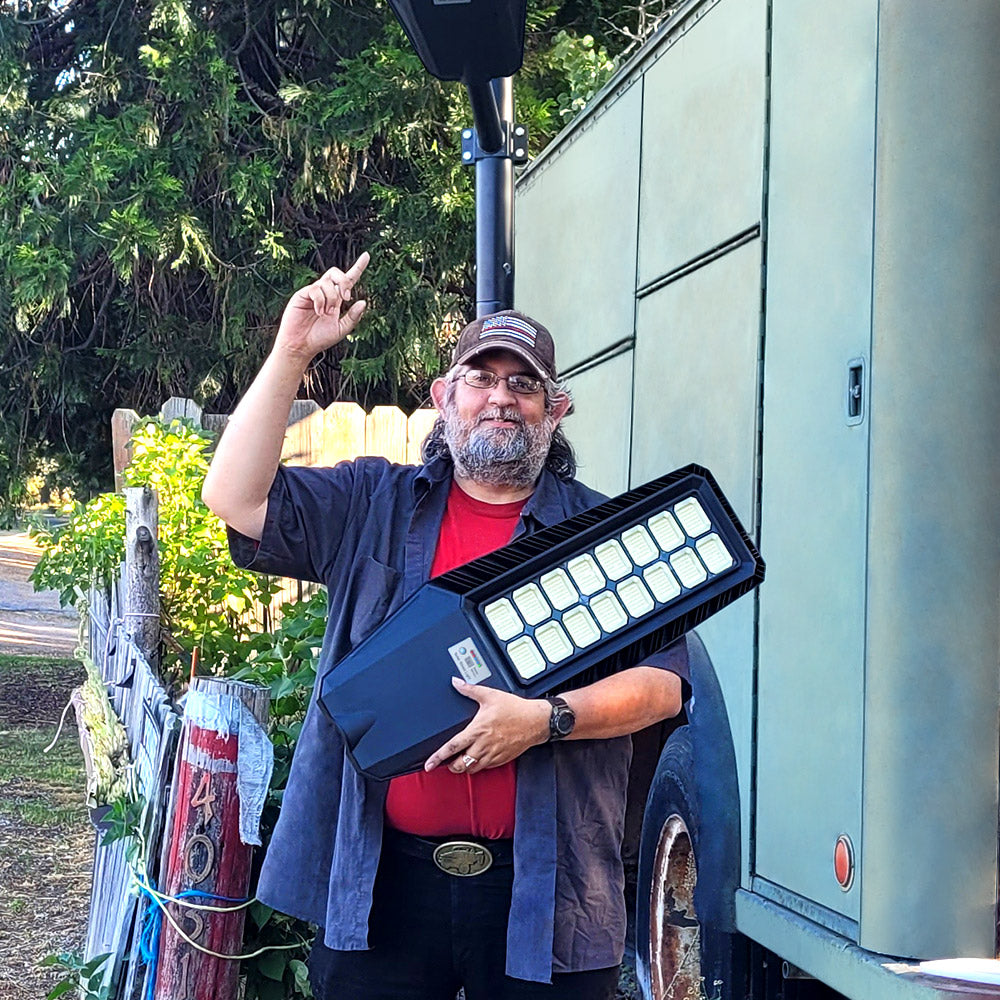
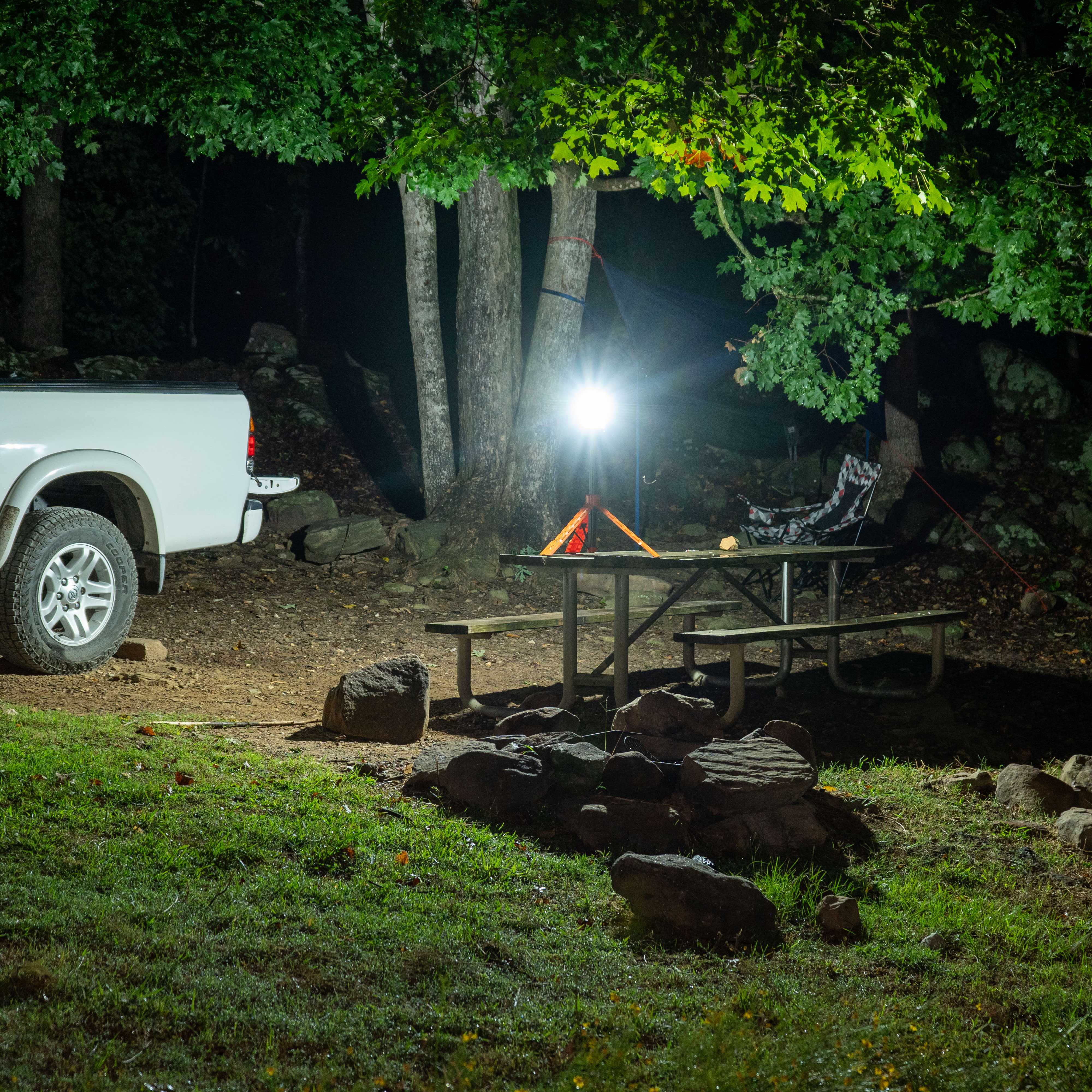
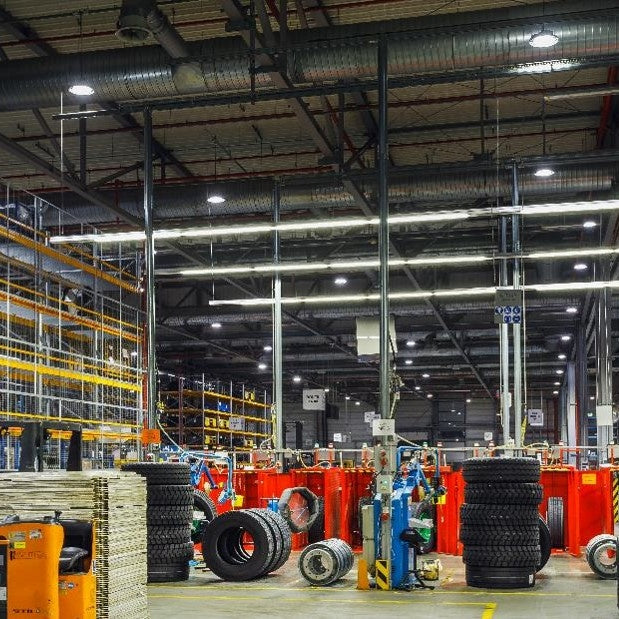
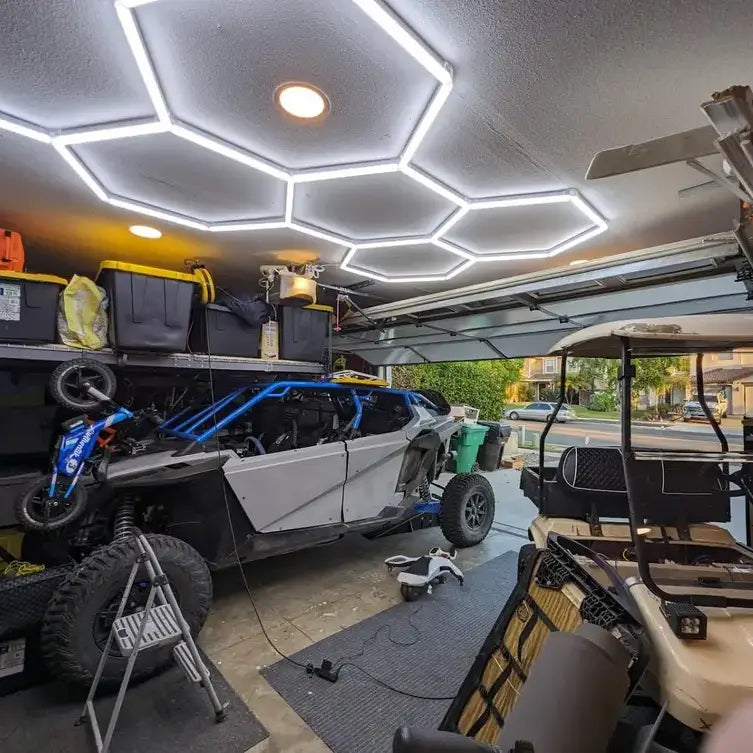
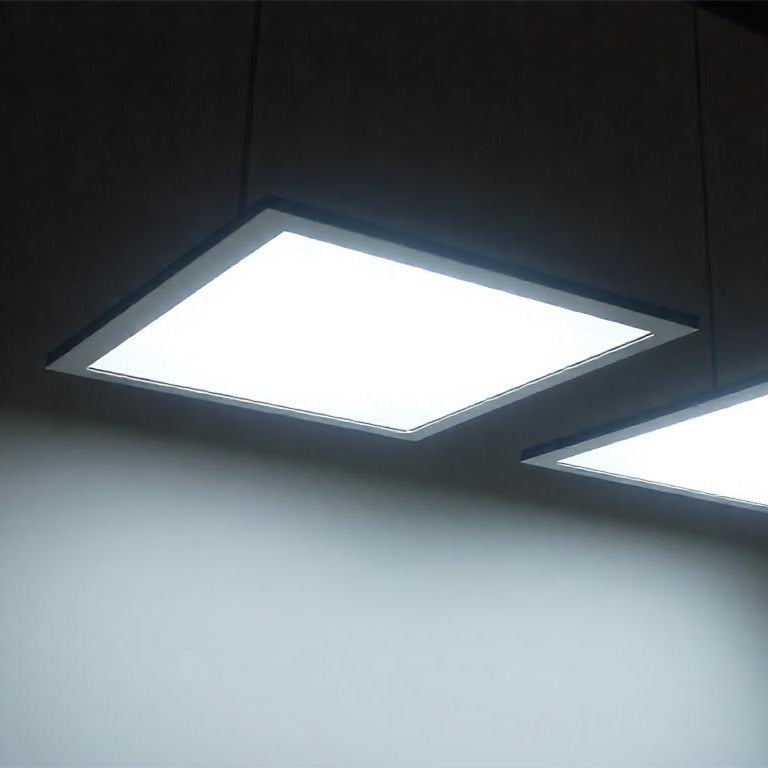
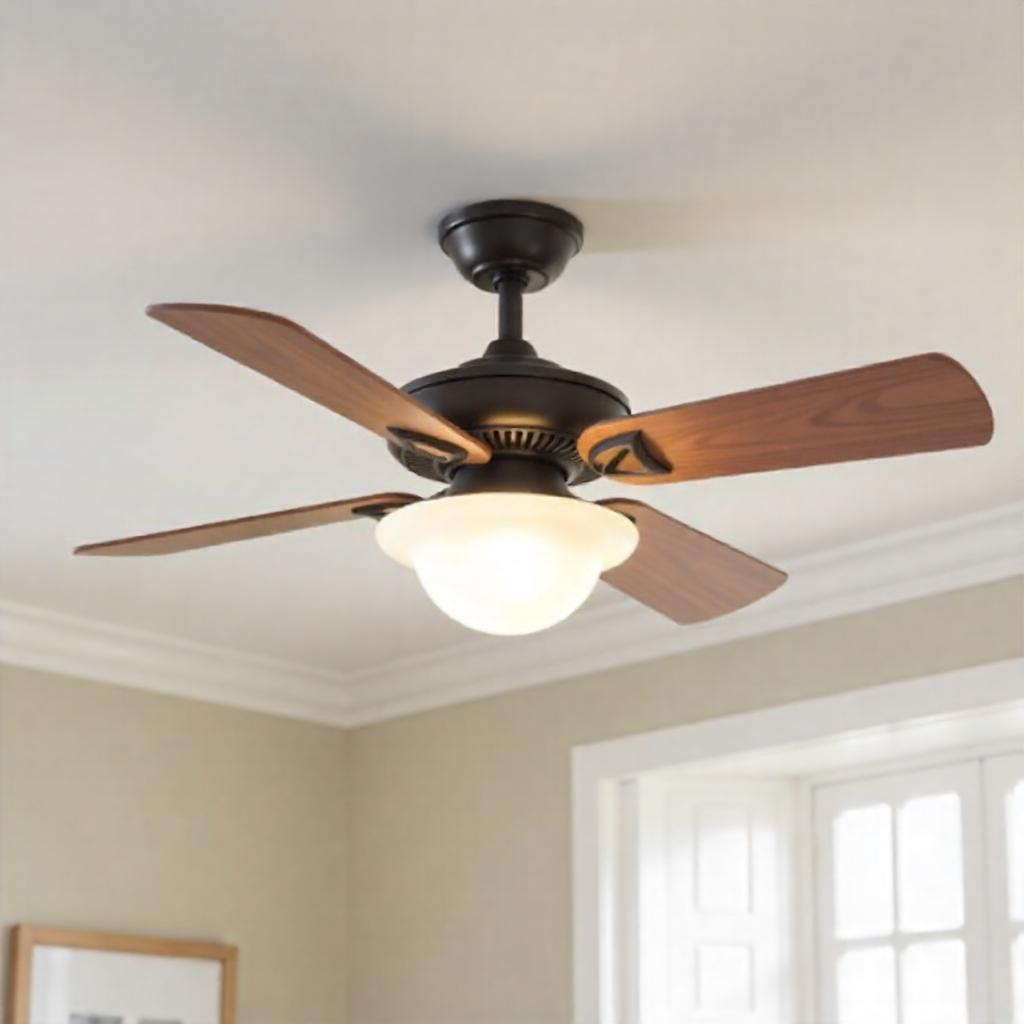
Leave a comment
This site is protected by hCaptcha and the hCaptcha Privacy Policy and Terms of Service apply.